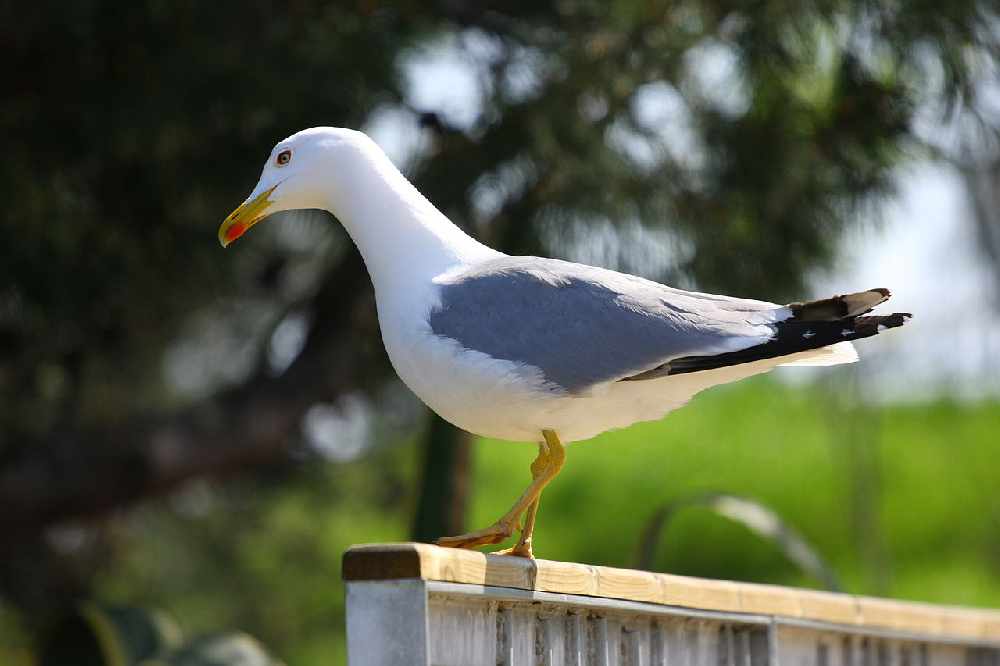
New research from the University of Exeter.
Herring gulls were presented with two identical food items - one of which they had seen a human holding.
The gulls pecked more often at the handled food, suggesting they use human actions when deciding what to eat.
It follows previous research which found that staring at seagulls makes them less likely to steal food.
“UK herring gull numbers are declining, but urban populations have increased,” said lead author Madeleine Goumas, of the Centre for Ecology and Conservation at Exeter’s Penryn Campus in Cornwall.
“Despite the fact they’re a common sight in many towns, little is known about urban gull behaviour.
“We wanted to find out if gulls are simply attracted by the sight of food, or if people’s actions can draw gulls’ attention towards an item.
“Our study shows that cues from humans may play an important part in the way gulls find food, and could partly explain why gulls have been successful in colonising urban areas.”
To carry out this study, a researcher approached individual gulls and placed two buckets on the ground in front of them, each covering a wrapped flapjack.
The buckets were then removed, and the researcher picked up one of the flapjacks, handled it for 20 seconds, and then put it back down on the ground.
In total, 38 gulls were tested, 24 pecked at one of the flapjacks and 19 of these (79%) chose the one that had been handled.
Senior author Dr Laura Kelley said: “Our findings suggest that gulls are more likely to approach food that they have seen people drop or put down, so they may associate areas where people are eating with an easy meal.
“This highlights the importance of disposing of food waste properly, as inadvertently feeding gulls reinforces these associations.
“Herring gulls have a generalist diet that typically includes fish and invertebrates, but they will also consume food found in landfill sites and household waste.
“The effect of this shift in food quality and quantity away from more ‘natural’ sources is not yet clear.
“Herring gulls are quite adaptable and are likely to be moving into urban areas because of the resources available.
“For example, there are lots of suitable nesting sites, and a ready supply of food.
“Urban environments may also be able to support larger gull populations, meaning that competition among individuals for resources is lower than in rural coastal colonies.”
 MP highlights Devon's dentistry 'crisis'
MP highlights Devon's dentistry 'crisis'
 Work on ‘once-in-a-generation’ Newton Abbot project back on track
Work on ‘once-in-a-generation’ Newton Abbot project back on track
 Complaints made after animal activity licence backlog
Complaints made after animal activity licence backlog
 City draw at home
City draw at home
 Cars damaged in bid to buy cheaper
Cars damaged in bid to buy cheaper
